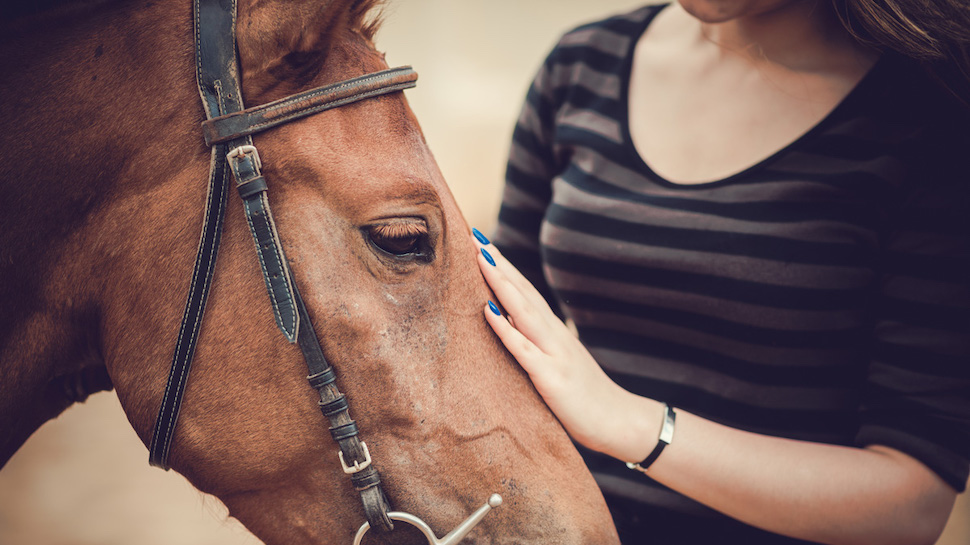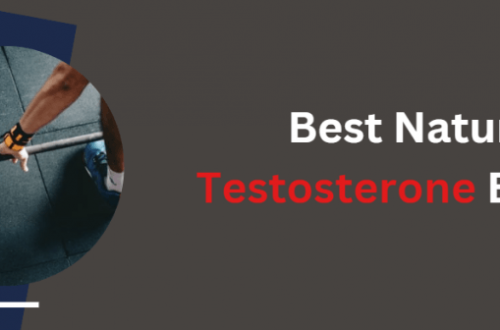Intense Equine Assisted – Blessing Or A Curse
Through grooming activities and caring for the horse, children are able to learn to give, nurture, connect, and put aside the absorbing focus of their struggles, self-defeating thoughts, negative, sad emotions, and anxious ruminations, and instead direct their attention and thoughts externally toward safe and caring interactions. Yet children quickly learn that every individual has their own equine experience, and they learn to focus inwardly on their comfort level in their own skin as opposed to making comparisons. Through taking specialized courses that cover riding and the equine industry, as well as education courses in theory of teaching techniques and kinesiology, these students will be prepared to teach at, train for or manage their own therapy practice. For more information on equine therapy in Victoria visit our website HamerEquineAssistedLearning.com.

Benefits of Equine Therapy: Lessons Only a Horse Teaches
Apart from medicinal treatment, patient is given prescribed dosage of vitamin along with encouraging her or him for taking interest in regular exercise. Physical exercise that working with a horse can provide. And, that is something most horse owners can definitely relate to. In a previous Look Into Equestrian Studies blog, we discussed how equestrian students can obtain certification to work with patients participating in equine-assisted therapies as well as learn the skills necessary to specialize in training therapy horses. Read more: https://hamerequineassistedlearning.com/news-updates/
A minor in equine assisted therapy allows students to explore a growing field in which mental health professionals utilize horses in a therapy setting. Assertiveness: Working effectively with a large animal can be intimidating and Equine Assisted Therapy provides the foundation for children to learn how to be more assertive, clear, and directive. They may also learn how to bring trust to relationships by learning to trust the horse during therapy. Credit: 3 hours. A student may take a maximum of six to eight semester hours (two courses) of special topics in any one field.

These positive effects held stable through a follow-up six months later. A specialist psychologist or counselor working together with a client to create positive change. In many cases, the experience for patients doesn’t “feel” like therapy, because they enjoy working with the horses so much. Process-oriented approach to helping humans in partnership with horses. Includes helping with farm chores and animal husbandry, assisting with special education Farm Classes & programming for the public, and training and practice conducting Animal Assisted Activities with our student population on-campus.
Why Equine Therapy Works
If my horse is boarded at UNH, will it be ridden in the riding classes? Like most horse owners, you probably love interacting with horses. As specialists in this industry and leaders in this well-established Certification, we have made it our mission to “partner” with horses versus “using” them as tools. Students interested in exploring this job field have opportunities to visit, volunteer, intern or mentor at an assortment of therapy centers around Missouri serving a variety of populations. With the support of an expert therapist and a trained therapy horse whose genuineness and affection help allay these fears, children are empowered to embrace therapy to diminish anxiety.
Sports: For assessing the effectiveness of various sports and games, including football and computer games, in alleviating the symptoms of PTSD, a thorough assessment of the Cochrane Collaboration Depression, Anxiety and Neurosis Controlled Trials Registers (CCDAN-CTR) was conducted during the first decade of the ongoing century. Horses significantly reduces physiological anxiety levels. While previous experience with horse training and horse care is helpful in your choice to study equine assisted therapy, you can begin with any level of knowledge about horses.
EAT 300: Equine Assisted Therapies. Each year over 66,000 men, women and children with cognitive, physical, and emotional challenges – including over 6,200 veterans and active duty military members – find strength, independence and healing in the presence of horses through equine-assisted therapies and activities according to the Professional Association of Therapeutic Horsemanship (PATH) International. Due to concerns about professional and reimbursement ramifications for licensed therapy professionals, AHA, Inc.’s Board of Directors disapproved of associating therapies with other EAS related to the broad areas of learning and horsemanship, yet noted that other recommendations offered a tremendous step forward.
For these reasons, the recommendations reflect that the modifier, equine-assisted, was strongly preferred over other modifiers such as equine-facilitated and equine-guided. The OK Corral trains nationally and internationally, and the website lists over 500 members. 3. Create client activities and intervention plans based on the Equine Assisted Growth and Learning Association (EAGALA)’s model of Equine Assisted Therapy (EAP). Growth With Nature: Through Equine Assisted Therapy children. Equine Assisted Therapy provides unique non-verbal opportunities for the client to enhance self-awareness, recognize maladaptive behaviors, identify negative feelings, and face self-defeating cognitions.
Social Skills: Equine Assisted Therapy supports children in learning appropriate non-verbal and verbal communication, receiving and understanding positive and negative feedback, reciprocity in relationships, assertiveness, initiative, and engagement. Communicating effectively with a horse and engaging in challenging exercises that include the horse foster the child to demonstrate initiation, assertiveness, and direction; all important skills that enable them to express their needs and feelings more effectively in relationships. Self-Efficacy: Experiencing success with challenging exercises and goal-focused activities in non-verbal ways fosters initiative, problem-solving, and renewed internal feelings of self-efficacy.
In our Equine-Assisted Activities classes, participants are not simply riders. Equine-assisted activities are any specific center activity, e.g.. Group and individual counseling, bible study, work programs and spiritual guidance all form part of the assistance offered to patients at this center. Equine Assisted Therapy is a form of experiential therapy that includes horses. For all of these conditions, much more research is needed in the equine environment. News. “As prey animals, horses are hypervigilant, constantly scanning their environment for potential danger.
And, whether we realize it or not, we receive both mental and physical benefits from caring for and riding horses. Some children and teens are initially afraid of horses. Impulse Regulation: Children and teens who struggle with impulse control and emotional regulation can benefit tremendously from Equine-Assisted Therapy. I worked with a highly distractible young woman who found it hard to quiet her mind or be still. Trust: The first step in Equine Assisted Therapy is to trust the horse, the therapist, and yourself.
While students in the equine assisted therapy minor do study equine behavior and animal-human interaction, they do not take any courses in the Department of Equine Studies. Why isn’t this minor in the Department of Equine Studies? Minor in Equine Assisted Therapy. Horse riding skills are not required for students in this minor. When they reached a ‘nurturing’ obstacle, Fatima began to whisper to her horse about her emotions of grief and loss, which up until this point, she had not been able to talk about during group therapy sessions.
Goal: To provide the student with intensive, specialized work experience in the area of equine assisted therapy. Other forms of equine therapy include: Equine Facilitated Learning (EFL), Hippotherapy, and Therapeutic Riding (TR). Sessions with an experienced psychotherapist and a horse as co-therapist have become recognized as opportunities for resounding insights and profound movement that sometimes has not occurred for clients in more traditional forms of talk therapy. They have no hidden agenda. Like our Facebook page!
RELATED ARTICLES
- https://www.promisesbehavioralhealth.com/addiction-recovery-blog/lessons-equine-therapy/
- https://classifieds4free.biz/506/posts/8-Pets-and-Livestock/67-Horses/1814850-Equine-Therapy-in-Victoria.html
- https://ezclassifiedads.com/506/posts/8-Pets-and-Livestock/67-Horses/423228-Equine-Therapy-in-Victoria.html



